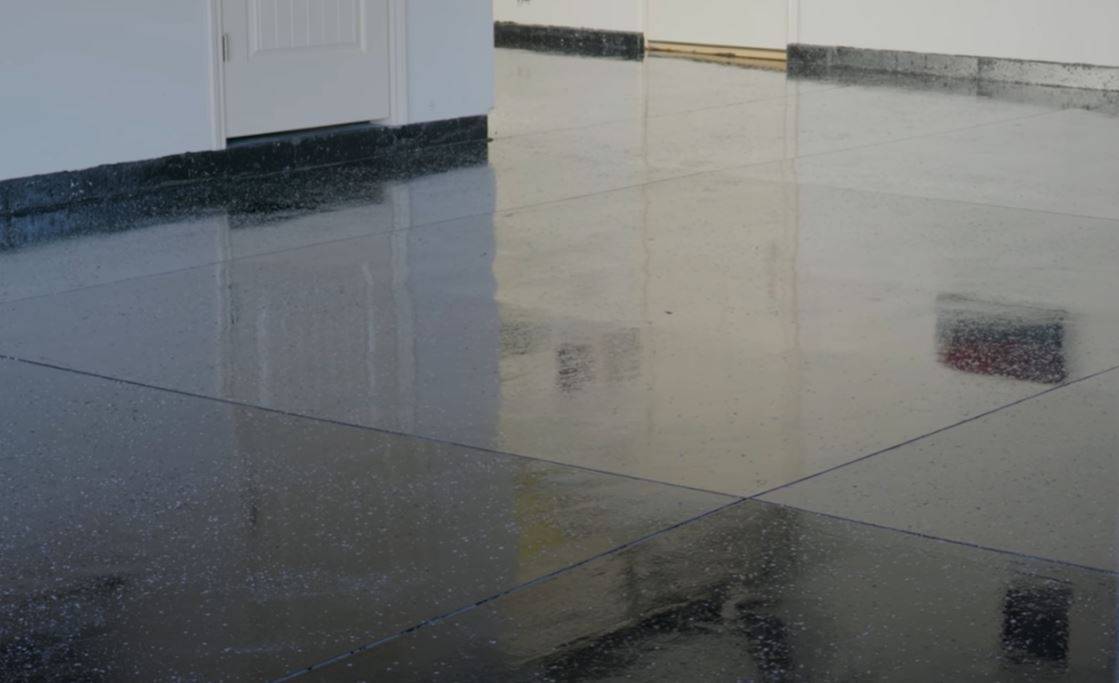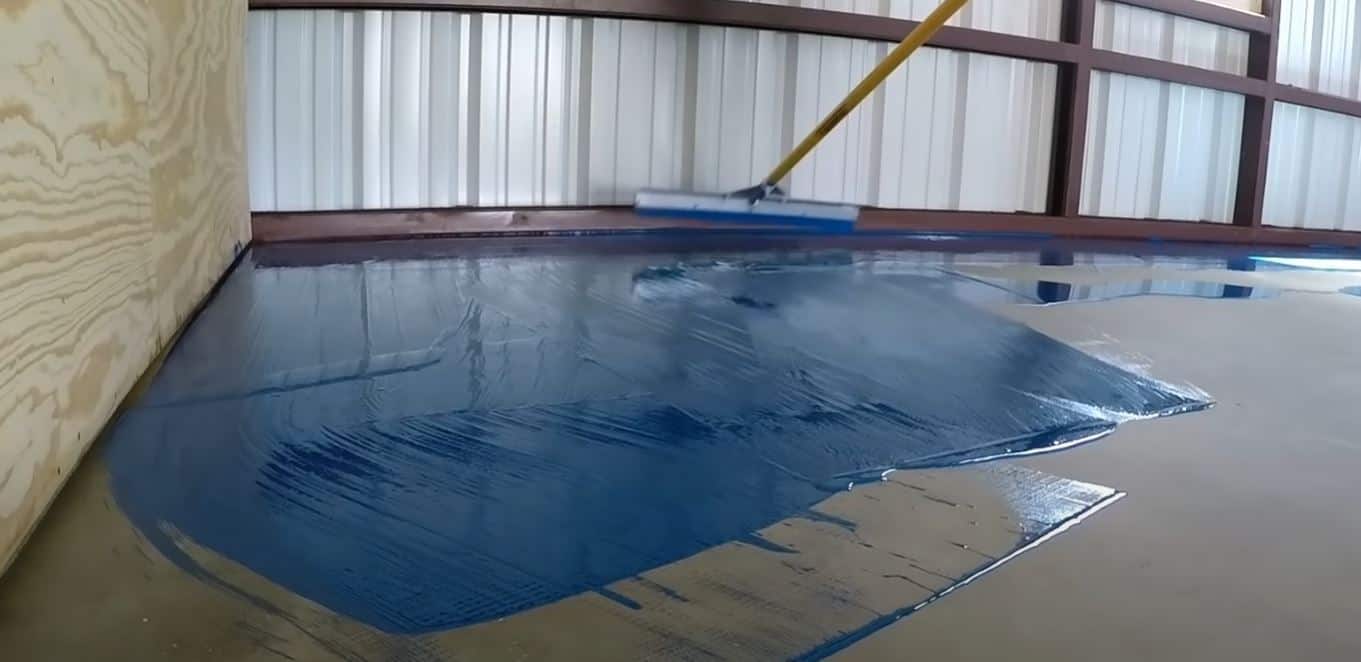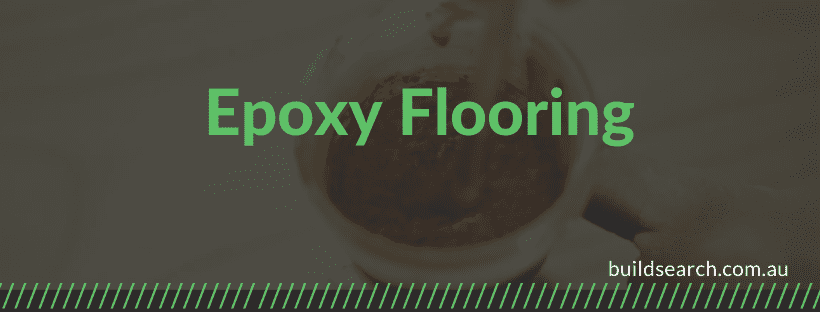Epoxy flooring is a chemical mixture of resin and different powders. Its main ingredients are polymer resin and a hardener.
The ingredients are usually metallic in nature, such as aluminum oxide or magnesium oxide, although they can also include glass fibers, mica flakes, silica triphylite, quartzites and wollastonite.

Epoxy flooring has different uses. Depending on what the end use is, epoxy floors are made to be durable against chemicals or abrasion. They can also be designed for their ability to act as insulation along with being waterproof.
Epoxy floors can be applied in many different ways, such as spraying it on top of an existing surface or pouring and rolled on to the floor.
Cost of epoxy flooring in Australia
The cost of epoxy flooring can vary depending on the type that needs to be used. However, the average price is $30 per square meter on the lower end. The total cost also depends on the number of coats needed for the epoxy flooring.
The more coats, the higher the cost. Epoxy flooring usually has a long warranty period of 2 to 5 years so it is recommended that you go for quality when choosing epoxy flooring.
If you are after a decorative epoxy flooring you will need to pay more as it takes more material and skill to install.
What are the different types of epoxy flooring?
Epoxy floors are made up of two parts: the base material and the epoxy itself. The base materials, otherwise known as aggregate, can come in many different forms. It may be sand, pebbles or other small stones, gravel, crushed rocks or recycled glass, and others. The types of epoxy vary as well. It can be firm, soft or flexible and it can also be coloured or clear.

Epoxy flooring is usually classified by its use: industrial/commercial, outdoor and indoor.
- Commercial and industrial floors come in different forms depending on their end use.
- Outdoor grades are generally more resistant to abrasion, chemicals and UV exposure.
- Indoor epoxy floors are usually built for light durability, easy maintenance and the ability to resist the constant traffic of people.
Epoxy flooring can also be classified by its level of quality. There are several levels that include impact resistance, toughness, adhesion strength.
What is Self-leveling epoxy flooring?
Self-leveling epoxy flooring is, as the name suggests, used for uneven surfaces. It works by flowing like water to fill any gaps present in the base material. This type of epoxy is used for both industrial and commercial applications that need a smooth surface.

Mortar Epoxy flooring
also known as grout epoxy flooring. It differs from self-leveling in that it does not spread or flow like liquid. It is usually applied onto a smooth surface during the installation process of tiles, stone or other materials.
It can also be used for commercial and industrial floors where an almost invisible line of protection is needed between the floor and the tiles.
Advantages of Epoxy Flooring
1) Resistant to chemicals and abrasion
2) Lasts longer than other types of flooring
3) Easy to install
4) Longer warranty periods
5) Different levels of quality for different durability needs.
Disadvantages of Epoxy Flooring
a) Cannot be used where there is too much moisture present
b) Surface preparation depends on the type of epoxy flooring that is to be used
c) Not as easy to clean as other types of flooring
d) Is hard for a DIY job
How is epoxy flooring applied?
Epoxy floors can be applied in many different ways. For small jobs, it can be poured onto the floor. It can also be sprayed onto the surface or spread with a trowel. Commercial jobs may have either pre-applied epoxy or self-levelling over the base material. The latter is usually done when there are large areas involved and they need to dry quickly.

How thick is epoxy flooring?
Epoxy flooring comes in different thicknesses that depend on the type of job it will do. It is usually between 5mm and 10mm but there are also thicker options available with varying degrees of flexibility.
What is impact-resistant epoxy flooring?
Impact-resistant epoxy flooring is made to withstand impacts because it has a thick build up that covers any gaps in the base material. It can, however, still be sensitive to abrasions and chemicals.
There are different types of this type of epoxy flooring, the most common being flexible and rigid. Flexible epoxy is made to withstand impacts because it can flex depending on how hard it was impacted. Rigid epoxy, however, has a much thicker build up than flexible epoxy so that if an object or person were to fall onto it they would not feel any pain.

